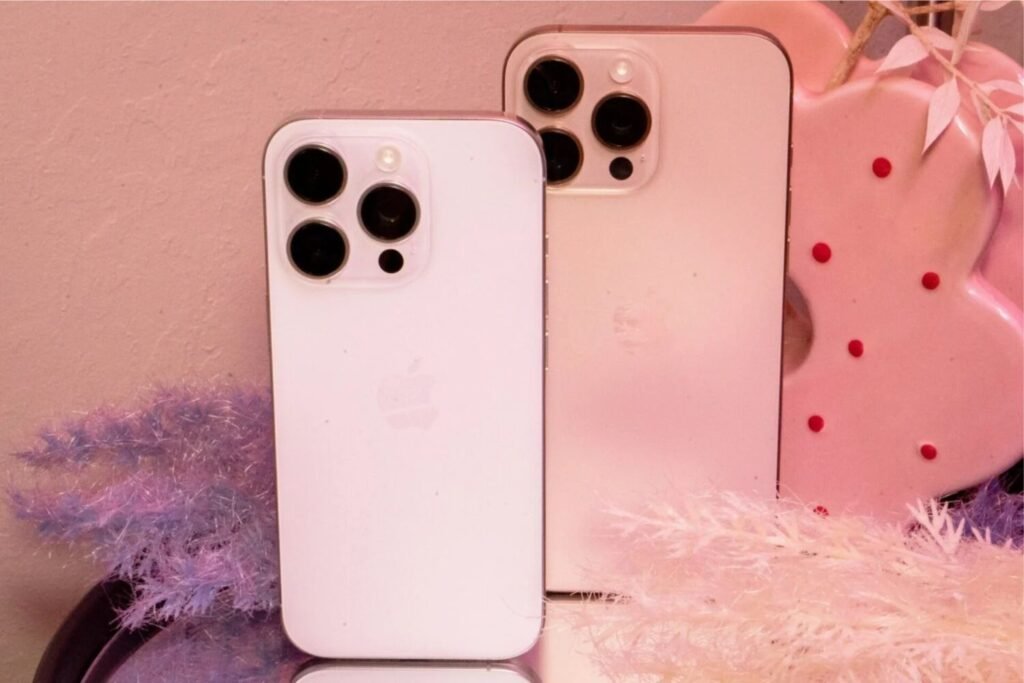Adverse News: Next iPhone Expected to Be Even More Expensive, Regardless of Trump’s Tariffs.

If you’ve been waiting for the iPhone to make an update, you might want to consider the current iPhone 16, especially if your budget has been tight lately due to Trump’s tariffs. This time Apple may not be able to escape the whims of the White House. The only lingering question is: how much more expensive could iPhones become?
Last week, reports suggested that Apple could increase the price of the iPhone 16 Pro Max model with 1 TB of SSD storage from $1,599 to $2,300. The regular iPhone 16, which costs $800, would transform into $1,142 according to projections from research firm Rosenblatt Securities. If these predictions were to come true, they probably wouldn’t affect the current stock of the iPhone 16, but rather the iPhone 17, especially considering that analysts say Apple has shipped more units to the U.S. in anticipation of tariffs. Trump has also suggested additional tariffs, which could further affect prices. However, Apple expert Mark Gurman argues that the situation is a bit more complex. Apple could raise prices to cover tariffs, but Gurman suggests that the company would absorb some of those costs.
Apple has an extensive supply chain and doesn’t put all its eggs in one basket. Gurman argues that the tech giant from Cupertino, California, manufactures iPhones both in China and — increasingly — in India. India has a lower tariff, at 26%, compared to the total 54% imposed on China. Apple could shift more production towards India, but that takes time and money. Trump’s tariffs are expected to take effect on April 9, unless there is a last-minute change.
The price dilemma: to raise or not to raise?
Apple’s corporate culture sets it apart from other companies. It is much more attuned to fans’ perceptions than Google, for example, and knows very well that the phrase “more expensive iPhone” could dampen enthusiasm for its upcoming devices. The last time Apple raised prices of its professional-grade phones was in 2017 with the iPhone X. However, the regular iPhone has been more susceptible to price fluctuations. The iPhone 8 cost $700 in 2017, and that figure remained until the iPhone 11 in 2019. The 2020 iPhone 12 started at $800, which is the same price as last year’s iPhone 16. Given those gradual increases, it seems like the iPhone is due for another hike, with or without tariffs.
However, all this talk of rising prices comes at a time when Apple is facing challenges globally. The company’s latest quarterly earnings report, in January, showed that Apple missed Wall Street sales expectations, mainly due to sluggish sales in China. A more expensive iPhone will incentivize fewer people to upgrade their device, especially when facing an uncertain economic future.
The last time former President Donald Trump imposed tariffs, around 2018, Apple CEO Tim Cook managed to exclude his company’s products. In January, Cook attended a dinner with Trump, securing himself a seat behind number 47, alongside many other tech oligarchs willing to kiss the ring. Few outside Trump’s inner circle expected the White House to declare a trade war against the whole world. It’s a situation of “reap what you sow,” although inevitably it will be consumers and lower-level workers who bear the brunt of those costs.




